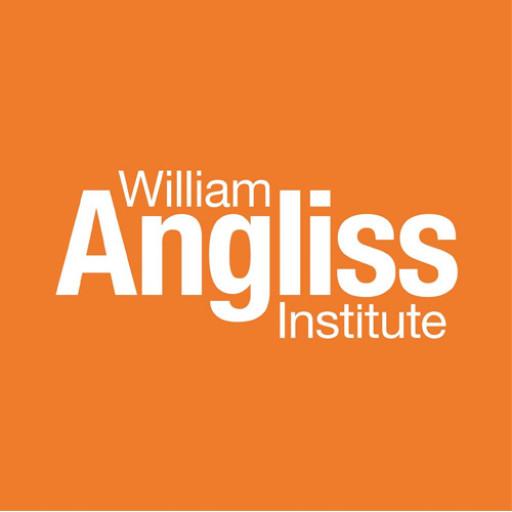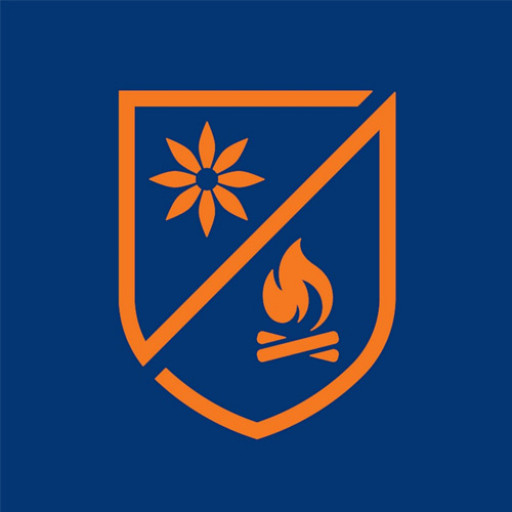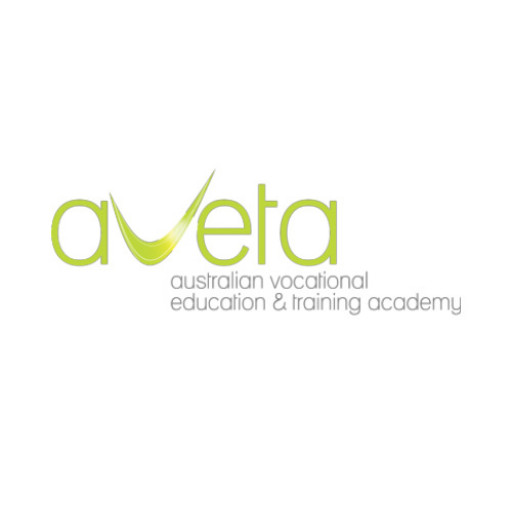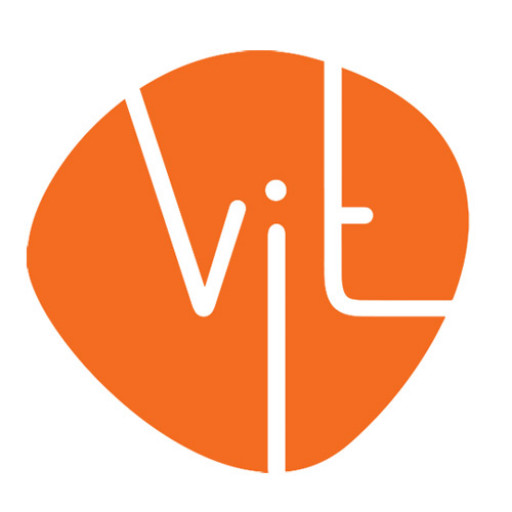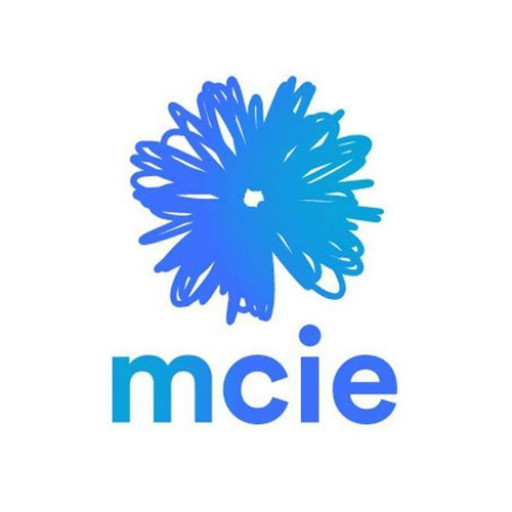Commercial Cookery at William Angliss Institute offers comprehensive training designed to prepare students for a successful career in the food service industry. This program provides practical skills and industry knowledge necessary to excel in various culinary environments, including restaurants, hotels, and catering services. Students will learn fundamental cooking techniques, food safety and hygiene practices, menu planning, and kitchen management, enabling them to deliver high-quality culinary creations. The curriculum covers a wide range of cuisines and cooking styles, fostering creativity and adaptability in the kitchen. Participants will have the opportunity to develop their skills through hands-on training in fully equipped commercial kitchens, aligning classroom learning with real-world industry standards. The program also emphasizes teamwork, communication, and professionalism, essential qualities for a thriving culinary career. Graduates of the Commercial Cookery program will be equipped to work in diverse roles such as line cooks, sous chefs, and kitchen supervisors across the hospitality sector. William Angliss Institute ensures that students receive instruction from experienced industry professionals and gain valuable industry placements, providing a seamless transition into employment. With a focus on sustainable practices and current culinary trends, this program prepares students to meet the evolving demands of the global food industry. Whether you are starting your culinary journey or seeking to advance your skills, the Commercial Cookery program at William Angliss Institute offers the practical training and industry connections needed to succeed in the competitive culinary world.
Program Content: Commercial Cookery at William Angliss Institute
The Commercial Cookery program at William Angliss Institute provides students with comprehensive training and practical skills required to excel in the hospitality and culinary industries. This course is designed to equip students with a solid foundation in the fundamentals of cooking, including food preparation, cooking techniques, and kitchen management. Throughout the program, students will explore a wide range of cuisines and dishes, gaining hands-on experience in preparing both traditional and modern culinary creations.
The curriculum covers essential areas such as knife skills, hygiene and safety standards, menu planning, and food presentation. Students will also learn about the operation of commercial kitchens, cost control, and the importance of teamwork in high-pressure environments. In addition to practical cooking sessions, the program includes theoretical studies on food science, nutrition, and sustainability practices within the culinary industry.
Students have opportunities to develop their skills through supervised work placements in real-world hospitality settings, which enhance their employability and understanding of industry demands. The program aims to prepare graduates for various roles in the food service sector, including line cooks, kitchen assistants, and culinary apprentices.
By the completion of the Commercial Cookery program, students will have gained the necessary skills to produce high-quality dishes, adhere to safety and hygiene regulations, and operate efficiently within a commercial kitchen environment. The program also emphasizes employability skills such as communication, teamwork, and adaptability, ensuring graduates are ready to meet the dynamic needs of the hospitality industry. This qualification is an excellent pathway for those aspiring to further specialize in culinary arts or pursue career advancement within Australia's vibrant hospitality sector.
Program requirements for the Commercial Cookery course at William Angliss Institute include a combination of fundamental culinary skills, practical work experience, and theoretical knowledge. Prospective students should have a demonstrated interest in hospitality and food production, and preferably prior experience in a kitchen environment. The program is designed to develop competencies in food preparation, cooking techniques, menu planning, and kitchen management. Enrolment typically requires completion of Year 12 or equivalent, and may include an interview or aptitude assessment to assess suitability and motivation for the demanding nature of commercial cookery. International students must meet English language proficiency requirements, generally an IELTS score of 5.5 overall with no band less than 5.0, or equivalent. The curriculum includes hands-on training providing students with practical experience in real kitchen settings, fostering skills in food safety, hygiene, and workplace safety standards. To graduate, students must complete a specified number of hours in practical training, as well as assessments that may include written tests, practical demonstrations, and project work. The program also emphasizes the development of teamwork, communication, and problem-solving skills essential for a career in the hospitality industry. Additionally, students are encouraged to undertake industry placements, which provide valuable networking opportunities and real-world exposure. Successful completion of the program leads to a nationally recognized qualification, the Certificate IV in Commercial Cookery, preparing graduates for entry-level positions as qualified chefs or to advance into further culinary study. The program may have prerequisites such as prior culinary knowledge or experience, but generally is accessible to those committed to a career in commercial cooking. Continuous assessment throughout the course ensures students meet competency standards, and the program aligns with industry requirements to ensure graduates are employment-ready.
Financing studies for the Commercial Cookery program at William Angliss Institute, TAFE VIC, typically involve multiple options to support students throughout their education. International students may be eligible to apply for promotional scholarships offered by the institute, which can significantly reduce tuition fees. Additionally, students can explore the Australian Government's VET Student Loans scheme, designed to assist eligible students with responsible repayment options for their studies. Domestic students might have access to government-funded programs such as TAFE NSW (which is a different institution, so verify with William Angliss) or state-based concessions, which can reduce the overall cost of tuition and fees. Private financial arrangements, including education loans from banks and private lenders, are also an option for some students, depending on their financial circumstances.
William Angliss Institute sometimes provides flexible payment plans to make tuition more manageable, allowing students to pay fees in installments rather than a lump sum. Students are encouraged to contact the Institute’s admissions or student finance office to obtain detailed, up-to-date information about available scholarships, financial aid, and payment options. Additionally, students may consider external funding sources such as government or private grants or sponsorships tailored specifically to students pursuing careers in hospitality and culinary arts.
Working while studying is a common approach, with international students permitted to work up to 40 hours per fortnight during the semester and unlimited hours during semester breaks, which can help offset some of the costs of their studies. It's important to plan and budget carefully, considering tuition fees, materials, uniforms, and potential living expenses. Overall, students are advised to consult directly with William Angliss Institute’s financial aid services to explore all available financing options and ensure they have a clear understanding of their financial commitments before commencing the Commercial Cookery program.
Commercial Cookery at William Angliss Institute is a comprehensive qualification designed to develop students' skills and knowledge required for a professional career in the hospitality industry, particularly in the art of cooking and kitchen management. This program offers a blend of practical skill development and theoretical understanding, enabling students to operate efficiently in various culinary environments, including restaurants, hotels, catering services, and other food service establishments. The course covers fundamental culinary techniques, food safety and hygiene practices, nutrition, menu planning, and kitchen management. Students gain hands-on experience through practical cooking sessions in industry-standard training kitchens, ensuring they are well-prepared for real-world work settings.
The program is structured to include core units that focus on essential skills such as preparing and presenting food, managing kitchen operations, and understanding the hospitality industry’s legal and ethical standards. Additional electives allow students to explore specialized areas such as pastry skills or international cuisines, enhancing their versatility as culinary professionals. William Angliss Institute emphasizes industry engagement throughout the course, providing opportunities for work placements, industry visits, and guest lectures, which help students build professional networks and understand industry expectations.
Graduates of the Commercial Cookery program are equipped to seek employment as chefs, cooks, kitchen managers, or culinary assistants across a range of hospitality settings. The program adheres to industry-recognized standards and prepares students for further study or pathway opportunities into advanced culinary qualifications. With state-of-the-art facilities, experienced instructors, and a curriculum aligned with current industry trends, William Angliss Institute ensures students receive a high-quality education that fosters both skills mastery and professional confidence, making them valuable contributors to the hospitality sector.
